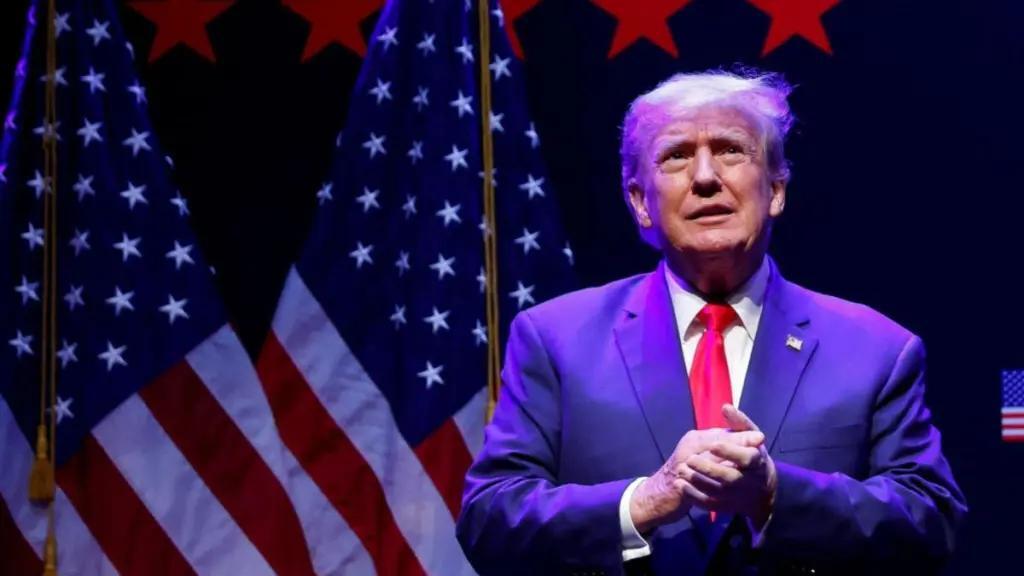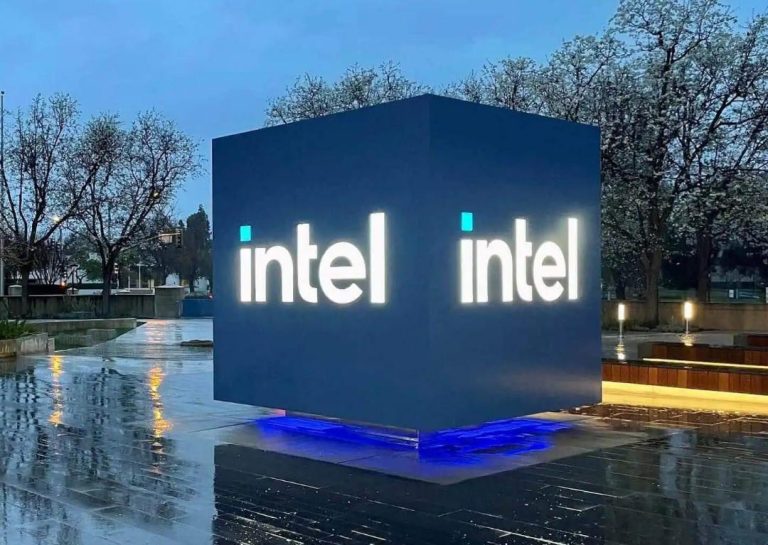
Donald Trump Exempts Smartphones & Computers from Reciprocal Tariffs
In a move that has sparked both relief and skepticism, United States President Donald Trump has decided to exempt smartphones, computers, and other electronic items from the reciprocal tariffs imposed on Chinese goods. This decision comes amidst concerns from tech giants, including Apple, that the tariffs could lead to increased prices for consumers.
According to a Customs and Border Patrol notice, the exemptions will apply to a range of electronic items, including smartphones, laptops, tablets, and desktop computers, as well as components such as microprocessors, memory chips, and displays. The exemption is effective immediately, and will be in place until further notice.
The decision to exempt these electronic items from the tariffs is seen as a significant relief for tech companies, which have been vocal about the potential impact of the tariffs on their businesses. Many of these companies, including Apple, have significant manufacturing operations in China, and rely heavily on the country for the production of their products.
However, not everyone is pleased with the decision. Some critics have argued that the exemptions are a result of lobbying efforts by tech companies, and that they unfairly benefit foreign companies at the expense of American manufacturers.
The tariffs, which were imposed by Trump in August, are part of a broader trade war between the United States and China. The tariffs are designed to punish China for its alleged unfair trade practices, including the theft of intellectual property and forced technology transfer.
However, the tariffs have also been criticized for their potential impact on American consumers. Many of the products that are subject to the tariffs, including electronics and clothing, are goods that are commonly used by American consumers.
The decision to exempt electronic items from the tariffs is seen as a significant departure from Trump’s previous stance on trade. In the past, Trump has been vocal about his desire to reduce America’s trade deficit, and has imposed tariffs on a range of goods, including steel and aluminum, in an effort to achieve this goal.
However, the exemptions for electronic items suggest that Trump is willing to make exceptions to his trade policies in order to protect American industries and jobs. This is a significant shift in tone, and one that has been welcomed by many in the tech industry.
The decision to exempt electronic items from the tariffs is also seen as a significant relief for consumers. Many of these products are already expensive, and the imposition of tariffs could have led to even higher prices for consumers.
In a statement, Apple said that it was “grateful” for the exemptions, and that they would help to “protect American consumers and jobs”. The company also praised Trump for his efforts to “promote a fair and open trade environment”.
However, not everyone is pleased with the decision. Some critics have argued that the exemptions are a result of lobbying efforts by tech companies, and that they unfairly benefit foreign companies at the expense of American manufacturers.
The decision to exempt electronic items from the tariffs is just the latest development in the ongoing trade war between the United States and China. The war has seen both countries impose tariffs on each other’s goods, and has led to concerns about the potential impact on the global economy.
In recent months, the trade war has also seen significant tensions between the two countries. In August, Trump imposed tariffs on $200 billion worth of Chinese goods, which led to retaliatory tariffs from China.
However, despite the tensions, there are also signs that the two countries are working to resolve their differences. In recent weeks, there have been reports of secret talks between the two countries, aimed at finding a way to end the trade war.
The decision to exempt electronic items from the tariffs is seen as a significant step towards this goal. By exempting these products from the tariffs, Trump is sending a signal that he is willing to work with China to find a solution to the trade war.
However, the decision is also seen as a significant challenge for Trump. The exemptions are likely to be met with resistance from American manufacturers, who are concerned about the impact on their businesses.
In recent months, there have been reports of American companies, including manufacturers and farmers, struggling to cope with the tariffs imposed by China. The tariffs have led to increased costs for these companies, and have made it more difficult for them to compete with foreign companies.
The decision to exempt electronic items from the tariffs is likely to be met with resistance from these companies, who will argue that the exemptions are unfair and that they will lead to job losses.
In conclusion, the decision to exempt smartphones, computers, and other electronic items from the reciprocal tariffs is a significant development in the ongoing trade war between the United States and China. The exemptions are likely to be welcomed by tech companies, including Apple, who have been vocal about the potential impact of the tariffs on their businesses.
However, the decision is also seen as a significant challenge for Trump. The exemptions are likely to be met with resistance from American manufacturers, who are concerned about the impact on their businesses.
Despite the challenges, the decision to exempt electronic items from the tariffs is a significant step towards resolving the trade war. By exempting these products from the tariffs, Trump is sending a signal that he is willing to work with China to find a solution to the trade war.
Reference:






